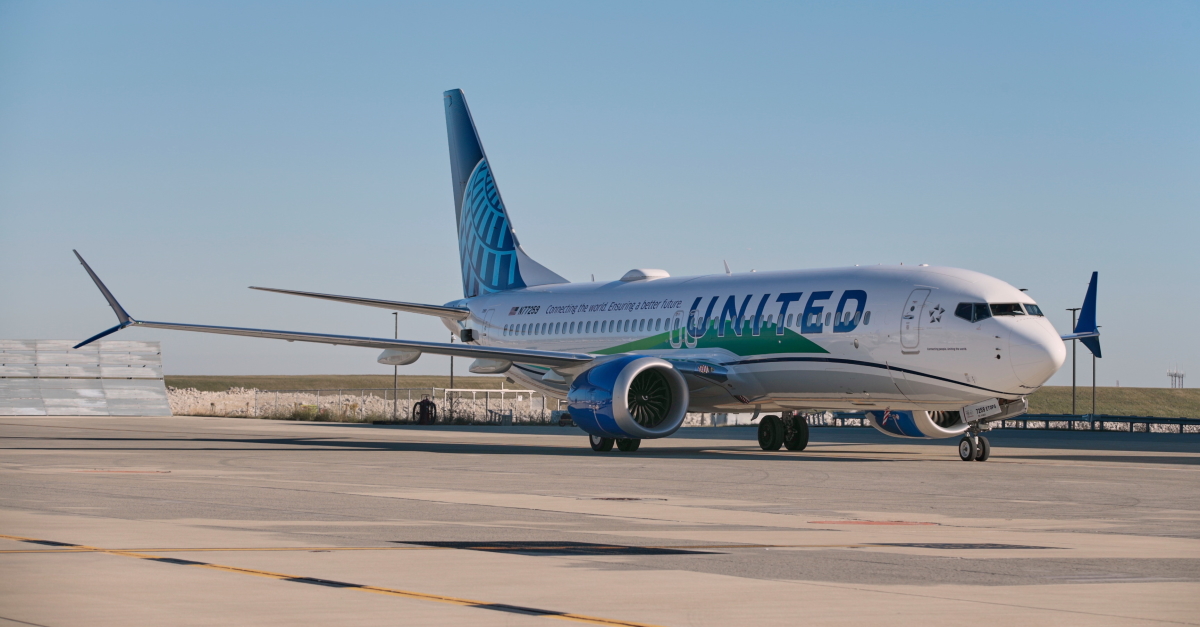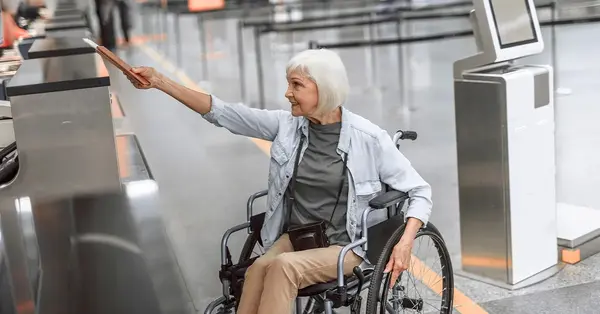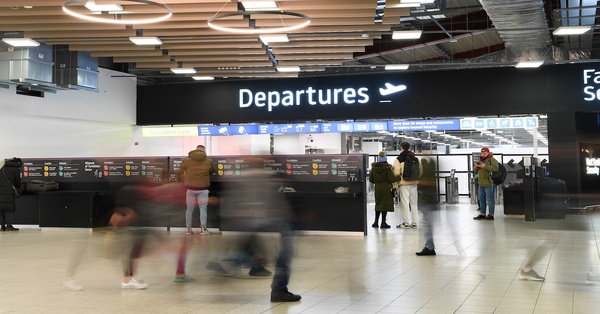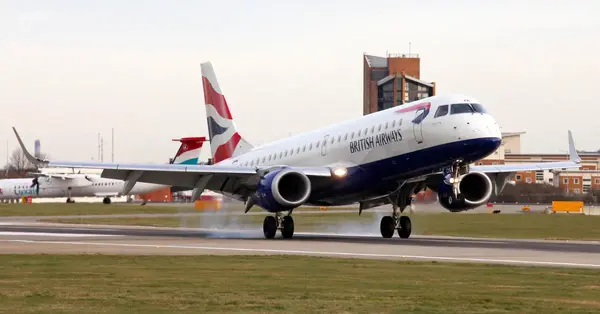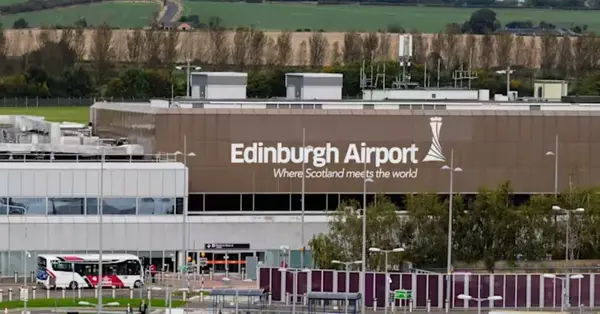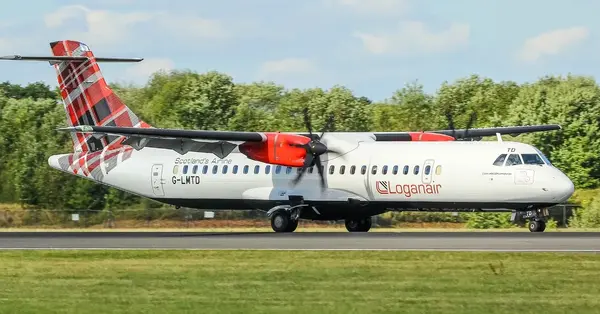You are viewing 2 of your 2 free articles
United operates flight with 100% Sustainable Aviation Fuel
United Airlines has operated a commercial flight 100% powered by Sustainable Aviation Fuel (SAF) in what it described as a “significant milestone” for the sector.
More than 100 passengers travelled on United’s demonstration flight from Chicago’s O’Hare International airport to Washington DC’s Reagan National yesterday (December 1).
SAF is an alternative fuel made with non-petroleum feedstocks, but it not 100% carbon free. It is widely accepted to be aviation’s best chance at reducing emissions in the near-term.
The Boeing 737 MAX 8 had 500 gallons of SAF in one engine and the same amount of conventional jet fuel in the other engine in order to prove there are no operational differences between the two.
Currently, airlines are only permitted to use a maximum of 50% SAF on board.
United says it has signed agreements to purchase nearly twice as much SAF as the known agreements of all other global airlines combined. It notes that the US Department of Energy believes America’s feedstock resources are enough to meet the projected fuel demand of the country’s entire aviation industry. The SAF used on the demonstration flight is “drop-in ready”, meaning it is compatible with existing aircraft.
Chief executive Scott Kirby said: “United continues to lead from the front when it comes to climate change action.”
He said United’s 100% SAF flight “is not only a significant milestone for efforts to decarbonise our industry, but when combined with the surge in commitments to produce and purchase alternative fuels, we’re demonstrating the scalable and impactful way companies can join together and play a role in addressing the biggest challenge of our lifetimes.”
Kirby joined executives from aircraft manufacturer Boeing, jet engine supplier CFM International, technology firm Virent and SAF producer World Energy.
Boeing senior vice president of sales and marketing, Ihssane Mounir, said: “As an industry, we are committed to addressing climate change, and sustainable aviation fuels are the most measurable solution to reduce aviation carbon emissions in the coming decades.
“No one entity can decarbonise aviation alone and it will require partnerships like this to ensure aviation is safe and sustainable for future generations.”
Gaël Méheust, president and chief executive of CFM International, added: “Drop-in SAF is something our industry can adopt now to begin making inroads on our commitment to be net zero carbon emissions by 2050.
“We applaud United for taking this bold initiative and look forward to even greater cooperation in the future.”
Virent president Dave Kettner said: “We are proud to be playing a role in this advancement toward sustainable aviation fuels.”
Gene Gebolys, chief executive of World Energy, added: “When we fly, we connect, and our demand for the connections aviation makes possible are only going to grow.
“But we need to develop affordable, high energy density, low-carbon liquid fuels at scale everywhere to allow those connections to be made sustainably. The pioneering work is the hardest work, and United has been with us from the very start.
“The flight path ahead will require tremendous teamwork. We are fortunate to have partners like United to do that work and are thrilled to be a part of this important milestone today.”
The airline also announced the second round of corporate participants in its Eco-Skies AllianceSM program to collectively contribute towards the purchase of SAF.
United’s Eco-Skies Alliance program launched in April 2021 and has collectively contributed toward the purchase of more than seven million gallons of SAF this year alone.
The alliance says SAFs represent nearly 80% greenhouse gas (GHG) emissions reductions on a lifecycle basis compared to conventional jet fuel, which they say is enough SAF to eliminate approximately 66,000 metric tons of GHG emissions, or enough to fly passengers more than 460 million miles.
The new participants include:
- American Family Insurance
- Biogen
- Bolloré Logistics
- CWT
- Maersk
- Meta
- Microsoft
- Palo Alto Networks
- Salesforce
- Visa
- Yusen Logistics
- Zurich North America

